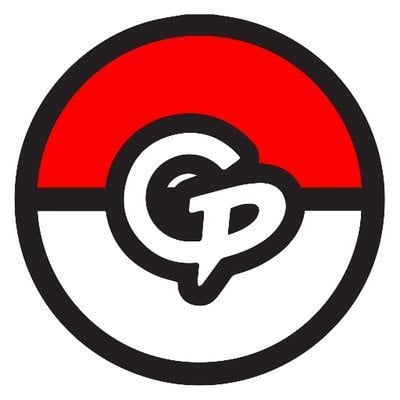Can you take Professor_Kukui's rankings seriously?
While watching Trainer Tips' video about gym defender rankings, I got introduced to this fellow called Professor_Kukui. He does movesets rankings that apparently are quite popular. https://www.reddit.com/r/TheSilphRoad/comments/4vcobt/posthotfix_pokemon_go_full_moveset_rankings/d5x9pj7/
He states:
"I try to keep the focus on comparing Pokemon vs each other and also try to minimize speculative variables. This manifests in me not modelling things like damage taken converting to Energy, since that varies greatly depending on the match-up and also power level of the fighters."
What I am missing here? Should not this alone be enough reason not to take his rankings seriously? Thing is that one cannot just take variables out of the equation like this, no matter how speculative they are. (Damage converting to energy plays a big role.) Removing these "speculative aspects" does not make the assessment more accurate, it makes it inaccurate by not allowing it to address the reality. He is not comparing Pokemon to each other in Pokemon vs Pokemon type of situations, he is comparing Pokemon with each other in 'Pokemon vs something that does not act like a Pokemon' type of situation.
Answers
Well the way the defending AI use their charge moves isn't fully understood but for attacking if just spamming your quick attack and using the special as soon as it's ready for 60 seconds and comparing damage done would give a rough idea of the best attacking movesets. Obviously other things come into play like dodging and maybe waiting for the defender to do its charge move before releasing your own but overall I would say its reasonably accurate.
Thing is that when the special attack becomes available depends also on how much damage one takes, a factor the professor choose to ignore. To my current understanding the difference it can make can be larger than the effect that IV's have. (Which people seem to be very picky about.) If I am not mistaken, many people would not consider that as reasonable accuracy.
Yes, energy gain is certainly important; I think the problem here is that there's no real good way to model defender energy gain. I can only speak for myself, but I take a qualitative, guesstimation approach when thinking about defenders: in a battle between two equally matched pokemon, a defender will take enough damage that any 4 or 3 bar charge moves will be almost spammable, 2 bar charge moves will go off at least a couple times, and 1 bar charge moves will go off at least once a battle." Or, a shorter version: "the number of segments on a defending pokemon's charge bar = the number of times they will use the move in a typical battle." Obviously there are some exceptions (e.g., pokemon with larger HP pools will be able to soak more damage from attackers, meaning they can use two or one segment charge moves more frequently). Making matters worse, there are so many different unique matchups between attackers and defenders, I don't think there will ever be a master spreadsheet for defender energy gain.
And yes, the amount of time spent arguing about IVs is totally disproportionate to their importance. :/
People see a spreadsheet packed full of data and absolute values, they take it as the end all be all of their questions. There is just too much to account for that can't be put into the spread sheet.
I appreciate his work, but look at it as a very rough estimation. People trust these spreadsheets far too much "hah my muk with xxx is 11%more effective at defending than your xxx muk"
I came accross this myself in the past, but honestly, the reason he took out those variables is because it's not possible to considerate them without choosing specific opponents. And you can't assume an average defender either because that wouldn't be accurate, so you have to choose against which opponents you wanna rank other pokemon for a good result.
With that in mind I made a ranking tool that lets you choose your opponents ( http://pokegorank.com/ ), the ones you choose really depends on the zone you play.









